UN World Refugee Day: Sudan’s dire displacement disaster
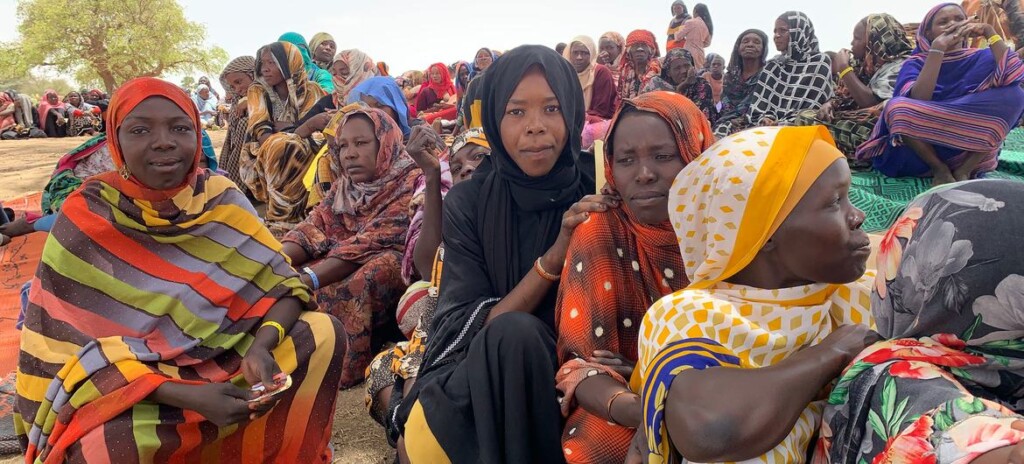
Sudanese refugees in Chad (File photo: © UNICEF / Donaig Le Du)
As the global community observes World Refugee Day* on Thursday, July 20, millions of Sudanese citizens are suffering a dire humanitarian catastrophe, particularly since the outbreak of hostilities between the Sudanese Armed Forces (SAF) and the paramilitary Rapid Support Forces) in April 2023. More than seven million people have become displaced within Sudan itself, and more than two million more have crossed international borders to neighbouring countries as refugees. Many of them face hunger on a daily basis, with the spectre of deeper famine looming ever larger.
World Refugee Day 2024 is focusing on solidarity with refugees and creating a world where refugees are welcome. There are many ways to express solidarity, starting with an open and empathetic approach towards refugees, making them feel welcome and included. It also involves seeking solutions to end the conflicts causing their plight, providing them with opportunities to integrate and thrive in host societies, even temporarily, and ensuring adequate support for host countries and regions in their reception and integration efforts.
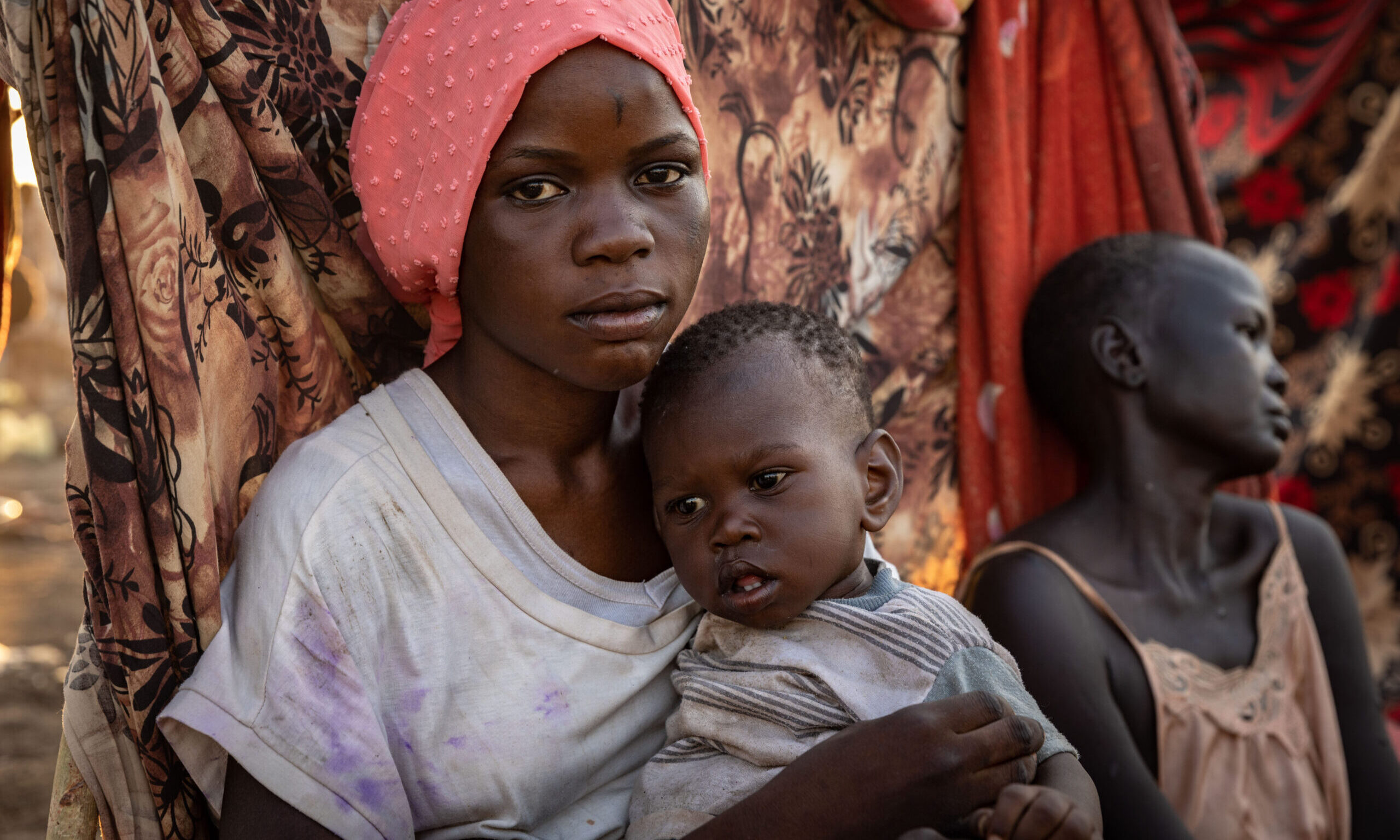
In a message for World Refugee Day, UN Secretary-General António Guterres has appealed to the international community to “step up efforts to protect and support refugees on every step of their journey”.
“From Sudan to Ukraine, from the Middle East to Myanmar to the Democratic Republic of the Congo and beyond, conflict, climate chaos, and upheaval are forcing record numbers of people from their homes and fuelling profound human suffering,” Guterres says.
‘Refugees need global solidarity and the ability to rebuild their lives in dignity…’ – UN Secretary-General António Guterres
“The latest figures show that a total of more than 120 million people around the world are forcibly displaced, including 43.5 million refugees… World Refugee Day is about honouring their strength and courage — and stepping up efforts to protect and support refugees on every step of their journey. Refugees need global solidarity and the ability to rebuild their lives in dignity.”
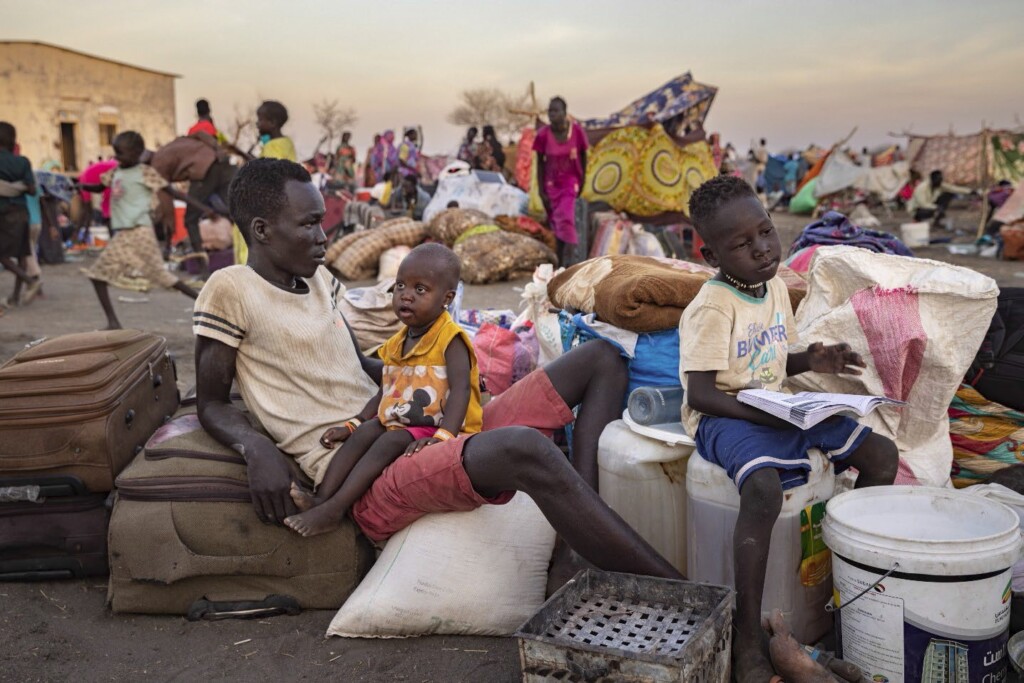
(File photo: © UNHCR / Andrew McConnell)
The UN Secretary-General highlights: “When given the opportunity, refugees make significant contributions to their host communities, but they need access to equal opportunities and to jobs, housing, and health care. Young refugees need quality education to achieve their dreams. And generous host countries, mostly low- or middle-income countries, need the support and resources to fully include refugees in societies and economies.”
Guterres calls on the international community to “pledge to reaffirm the world’s collective responsibility in assisting and welcoming refugees, in upholding their human rights including the right to seek asylum, in safeguarding the integrity of the refugee protection regime and, ultimately, in resolving conflicts so that those forced from their communities can return home.”
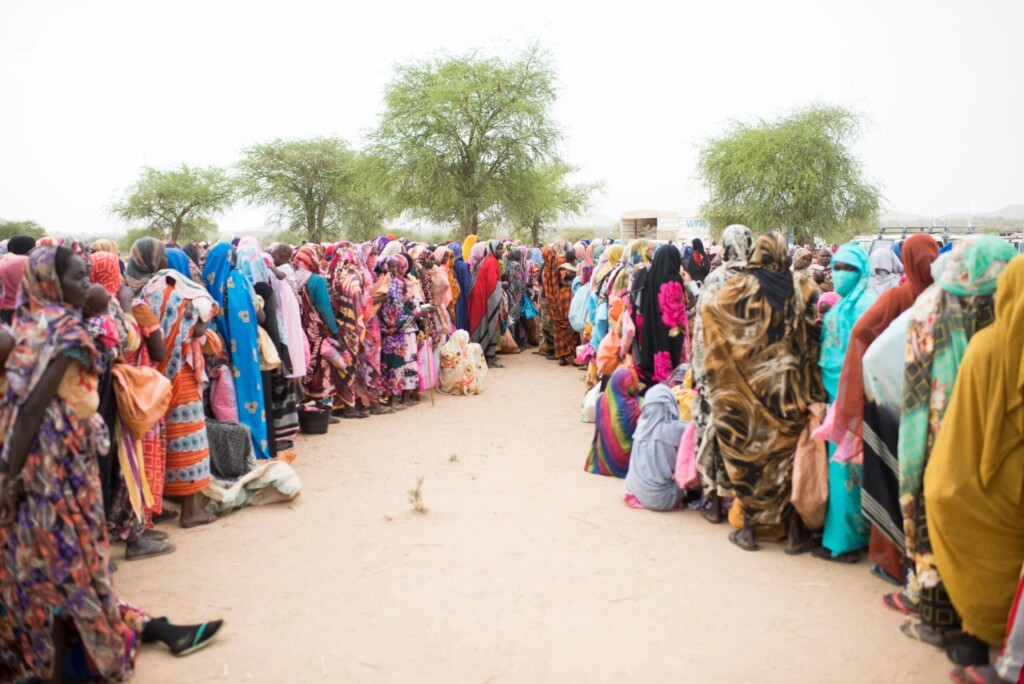
Displacement
A previously featured by Radio Dabanga, a report published last month by the Internal Displacement Monitoring Centre (IDMC) states that conflict and violence in regions such as Sudan, Palestine, and others have driven the number of internally displaced people around the world to 75.9 million by the end of 2023, setting a new record. Sudan stands out prominently in the report, with over nine million individuals displaced by the end of the year, marking the highest number ever recorded in a single country since records began in 2008.
The report highlights that Sudan experienced six million internal displacements due to conflict in 2023 alone, surpassing its cumulative figures for the previous 14 years combined.
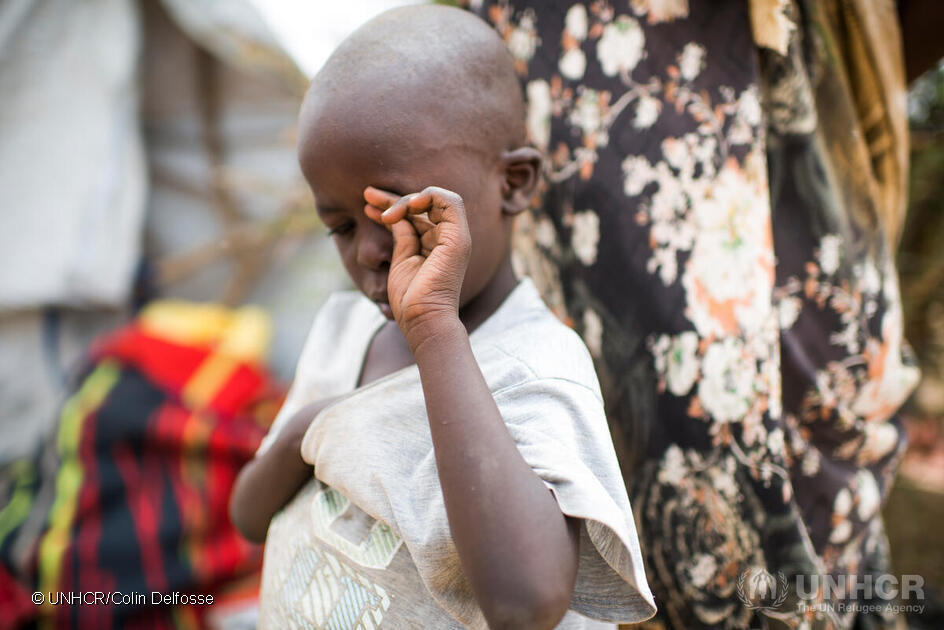
The latest reports using that satellite images, along with information from open sources, shows that more than 50 villages were burned more than once in Sudan, which may suggest that there are forced displacement operations taking place.
‘16 % of the total population of Sudan have fled their homes since the conflict started…’ – OCHA
OCHA
The UN Office for the Coordination of Humanitarian Affairs (OCHA) in Sudan laments that about 16 per cent of the total population of Sudan have fled their homes since the conflict started. They have sought refuge within Sudan or in neighbouring countries, making Sudan the largest displacement crisis in the world.
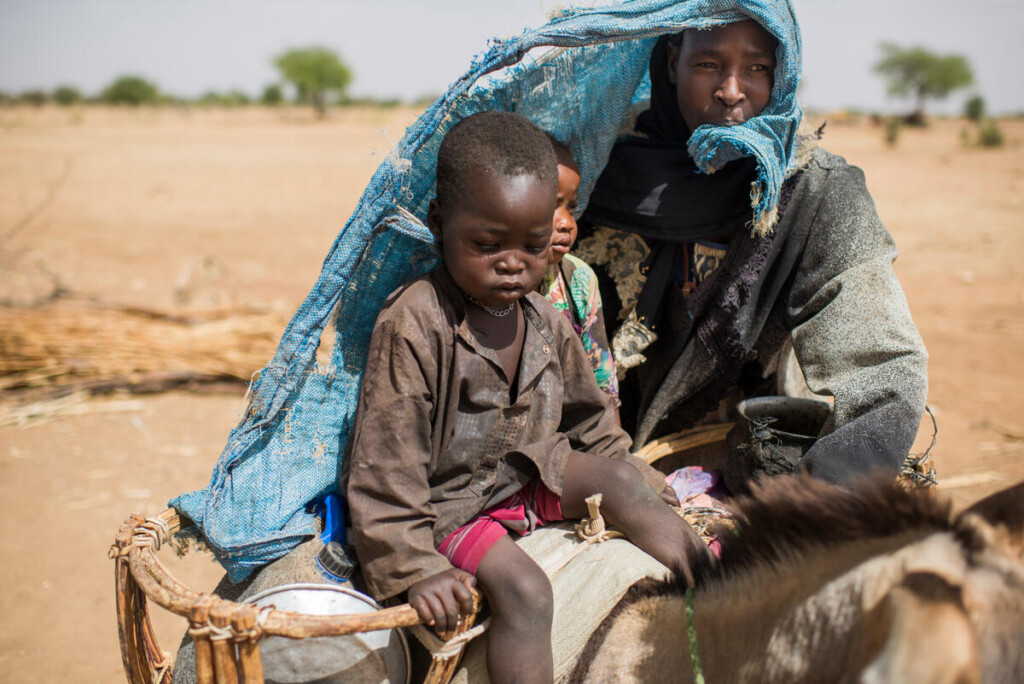
*In December 2000, the United Nations General Assembly designated 20 June as World Refugee Day, to mark the 50th anniversary of the 1951 Geneva Convention on the Status of Refugees as “a day to honour the courage of people who have been forced to flee their homes to escape conflict or persecution”.
A refugee is defined as “a person who, owing to a well-founded fear of persecution in their country of origin based on race, religion, nationality, membership of a particular social group or political opinion, receives international protection from another state on its territory”.
View the 1951 Convention Relating to the Status of Refugees and its 1967 Protocol











 and then
and then